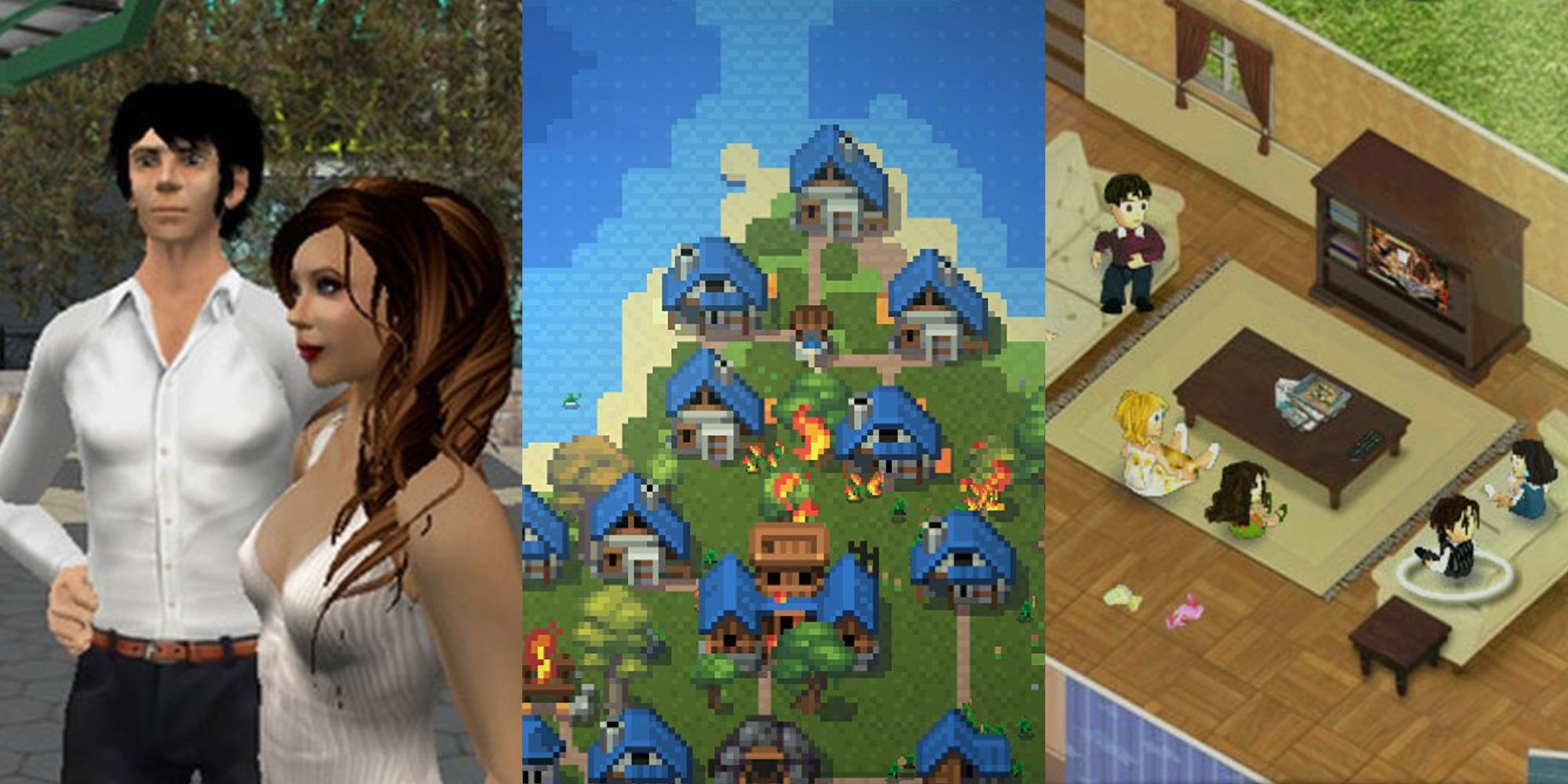The Sims 5 is officially happening, with the wider franchise having completely defined the real-to-life sim genre. However, living a virtual life in a fictional world can come in many forms, while still paralleling the reality aspects of the sim video gaming that players have come to love so much.
There are plenty of brilliant titles out there that are experimental but still fall into this category. However, fans might have completely forgotten about the gaming experiences, because of the larger series that will dominate the industry for the foreseeable future, alongside other sim games that may follow anything from career development to city building.
Animal Crossing (2001)
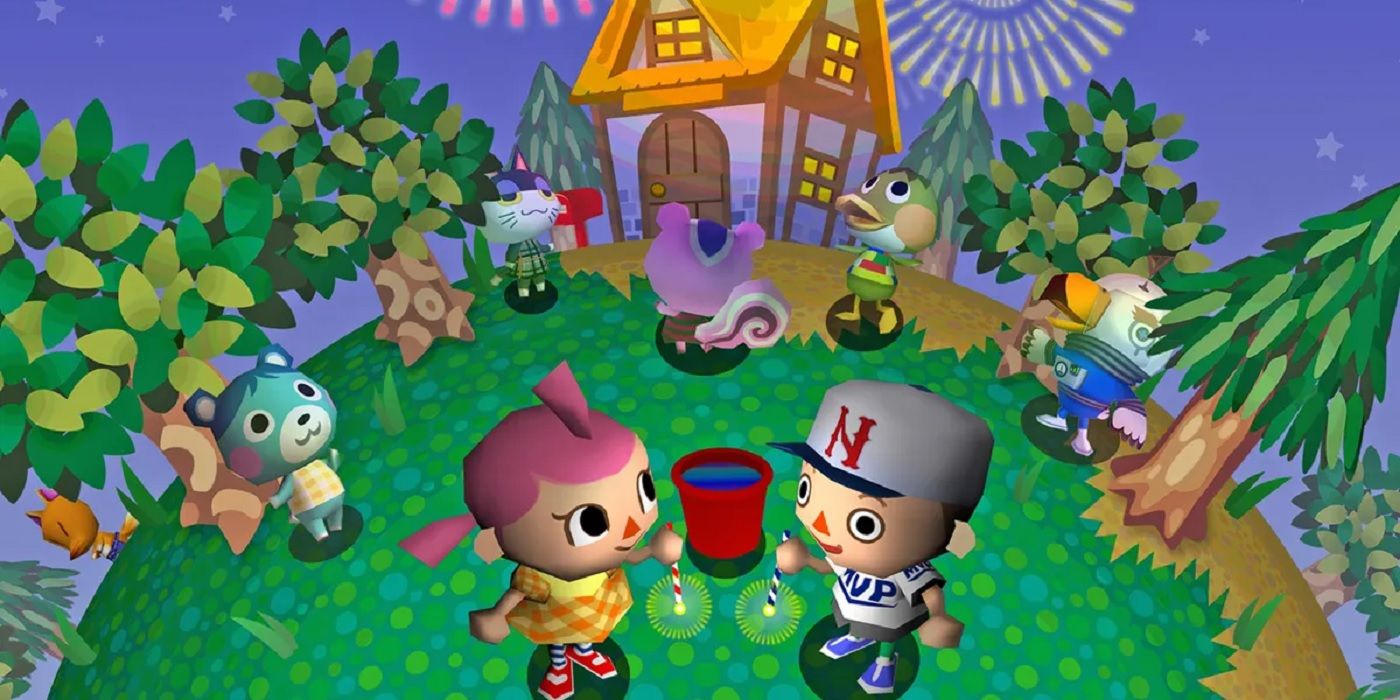
It seems bizarre to suggest that any aspect of the Animal Crossing saga has been forgotten about, but with the success of the latest releases, it's almost hard to remember where the franchise began. For those who enjoy revisiting classic titles, this might be the best entry to look at.
Animal Crossing from Nintendo was originally released on the Game Cube. While the graphics are not comparable to today's titles, this fictional world offered a great sim reality to explore, as players built a character and controlled their small town in a hilarious and wacky concept. It's a life sim at its core and a vital part of the franchise's history that deserves further credit.
Coral Island (2022)
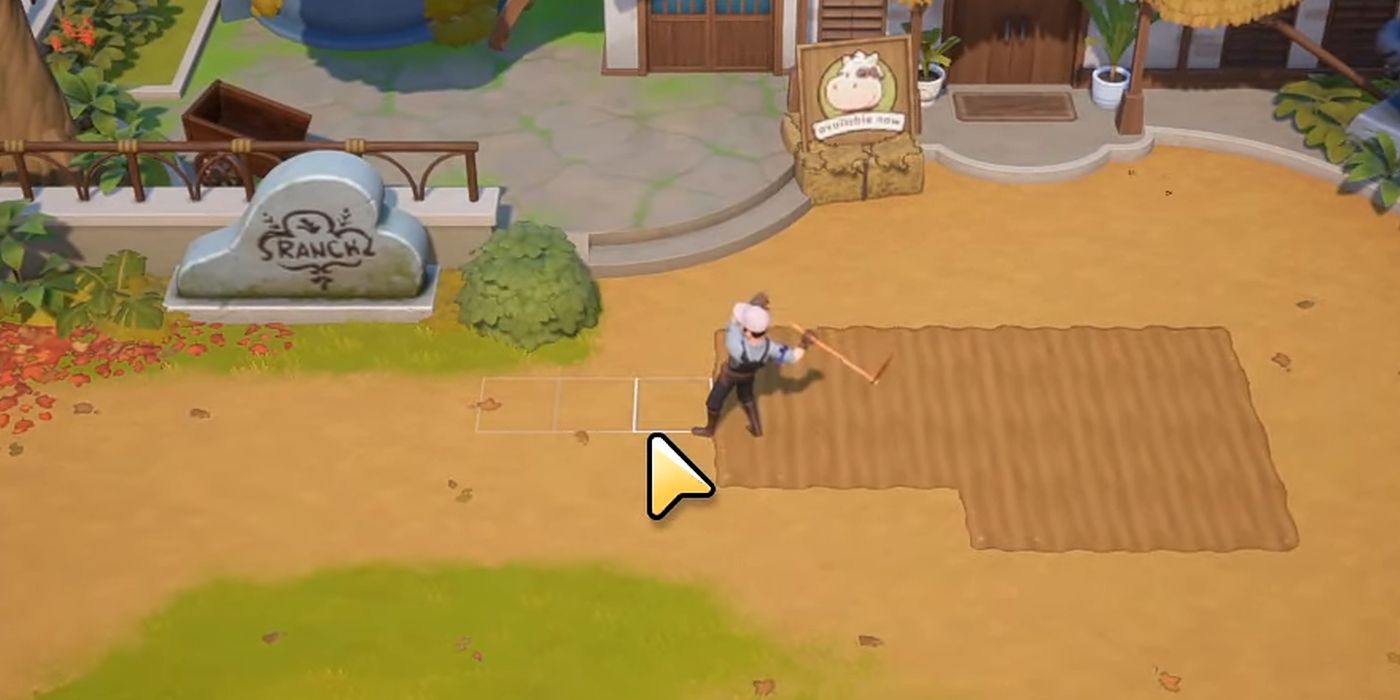
Coral Island didn't quite get the mainstream release like some of its competition, and has been overlooked by many despite launching this year. Beginning life as a KickStarter campaign, Coral Island was developed by Stairway Games, published by Humble Games, and is available on Steam.
Inspired by classics of the genre, this is a life and farm sim combo, where players get to explore the lush vegetation of the island itself while continuing to maintain their land, alongside interacting with the locals. Customization is key, and the romantic elements of the game mean it's a far cry from traditional gardening games.
Virtual Families (2009)

Last Day of Work first brought the Virtual Families concept to the market in 2009 and the title has developed into multiple sequels since then, on a variety of platforms. Whether it's on mobile or steam, the game's essence is that of a Sims-style of game, albeit with streamlined mechanics.
It's been forgotten because of how far the competition outranked it, yet it's still a competent and fun game that sees audiences build their virtual family from the ground up, controlling every aspect of their existence. From budding romances to interior decorating, it touches on each staple that audiences would hope for.
Club Penguin (2005)

Club Penguin isn't the first thought that comes to mind for many when thinking about the genre, yet many of the components that built this social game also apply to a life sim title. Players got to create their own penguin, design their igloo, build relationships and forge a digital community how they imagined it.
The PC title built a full virtual life, that happened to involve waddling everywhere. Although the title has come to an end from Disney and RocketSnail Games, there are multiple fan-made continuations of the experience that are still supported. Club Penguin hits a very specific generation but as a sim for younger players especially, this should be brought back into the memories of many.
Spore (2008)
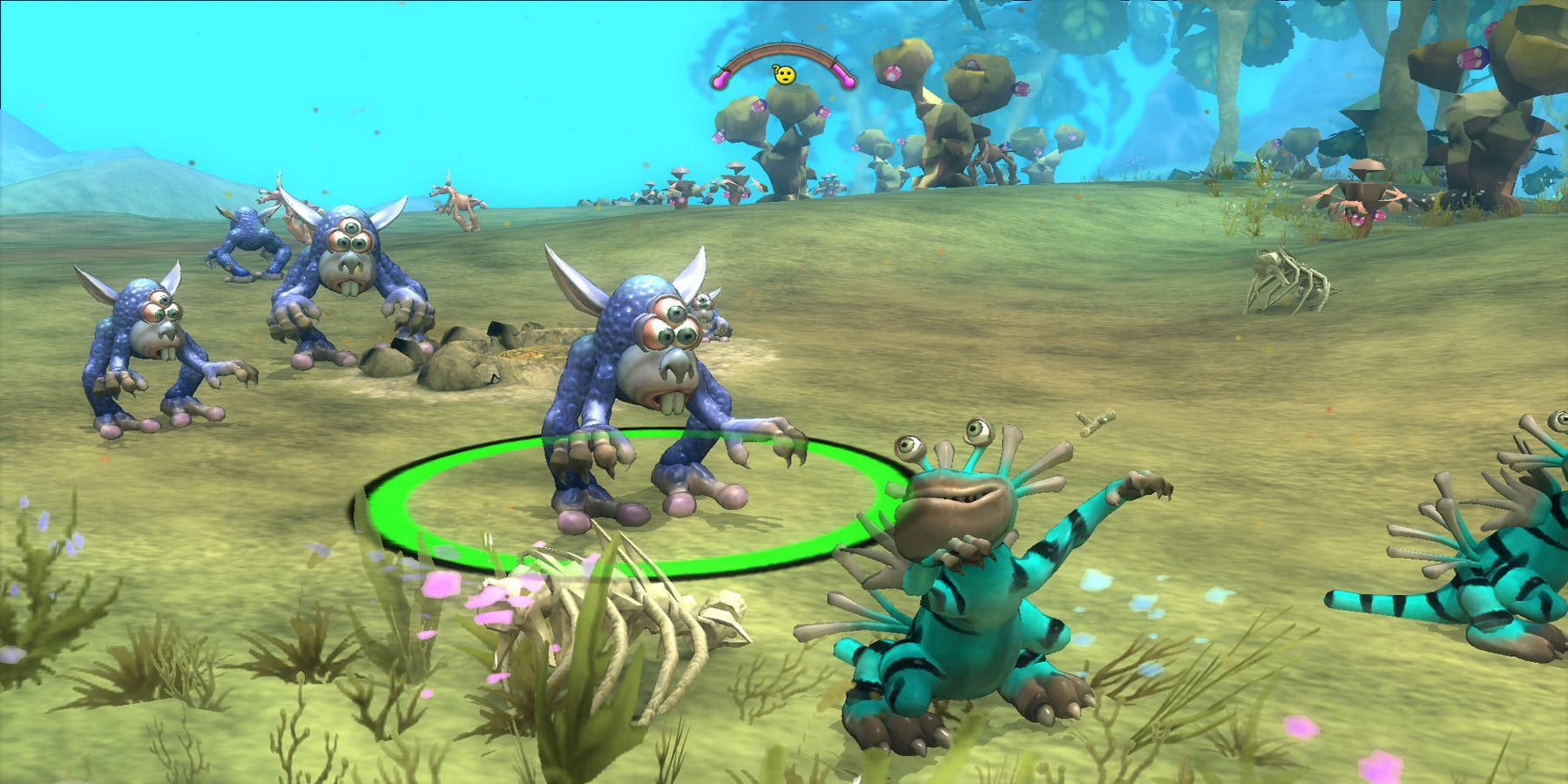
Spore was an intriguing concept when it first launched. A god game and a life sim, the title took players from the very beginning of creation. They would form their own species and would watch how it evolved across the centuries, from an animal into a being with sentience.
Civilizations were built, technology was developed and life moved on, mimicking how human development has been traced through Earth's history. For some, the game didn't live up to expectations and was left in the archives, but more people should remember the award-winning PC work of Maxis.
Second Life (2003)

Second Life was a huge success at the time of its release and a novel concept, but over the years as support for the online title had slackened, so now fewer and fewer gamers are even aware of the sim's existence. The title from Linden Lab is still accessible today though, with recent innovations that have attempted to revamp the franchise.
Second Life was a virtual world, where players created their own avatars and lived a full life, in this parallel reality. Nowadays, with the advent of the Metaverse and Virtual Reality, Second Life seems far ahead of its time. From home decor to fashion, digital dating gameplay to career advancement, the release offered it all.
Avakin Life (2013)
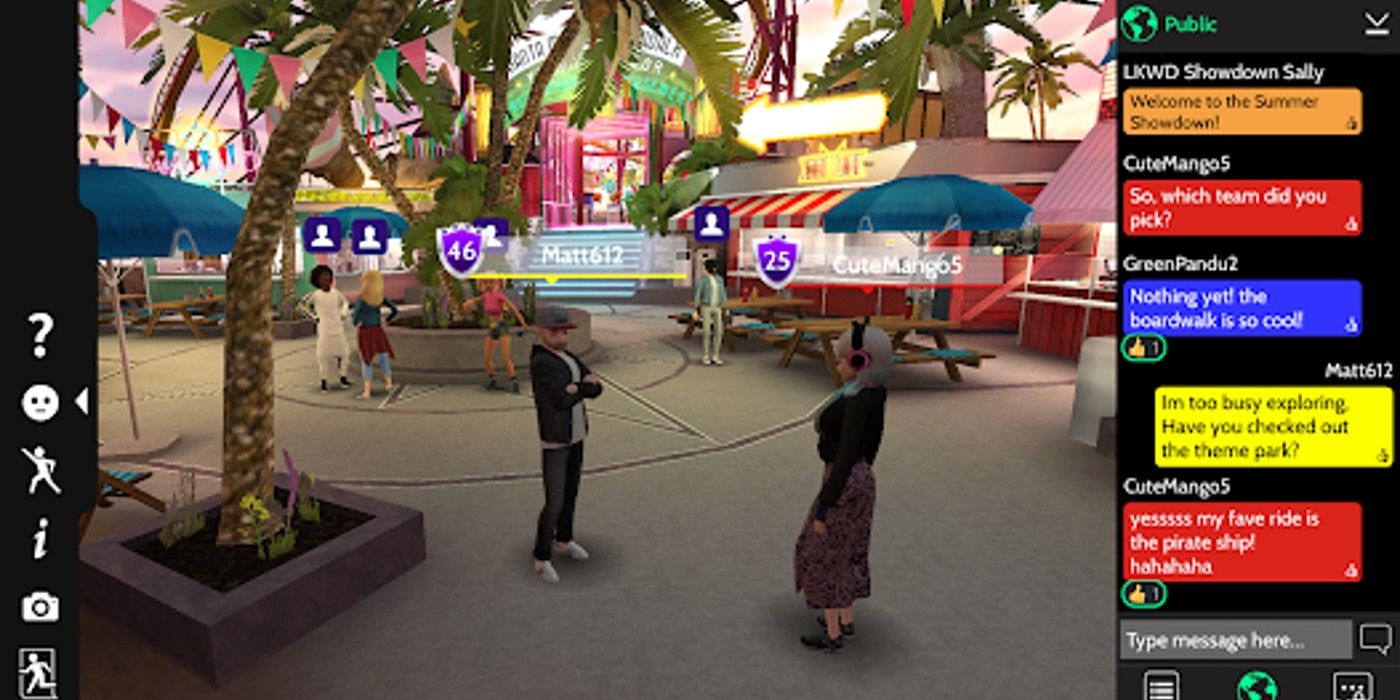
Some players might love the idea of a virtual world akin to Second Life, but might require a simplified iteration of that concept, that boasts a few more fun elements, rather than trying to fully simulate every aspect of the real world. Avakin Life offers up the solution.
The game from Lockwood Publishing is a mobile experience, available on Android, iOS, and ChromeOS, and acts as a 3D life sim with a colorful edge. Designed more for a teen audience, the title encourages players to design their avatar, dream home, take on their ideal job and socialize with the interesting NPCs in the community.
WorldBox (2012)
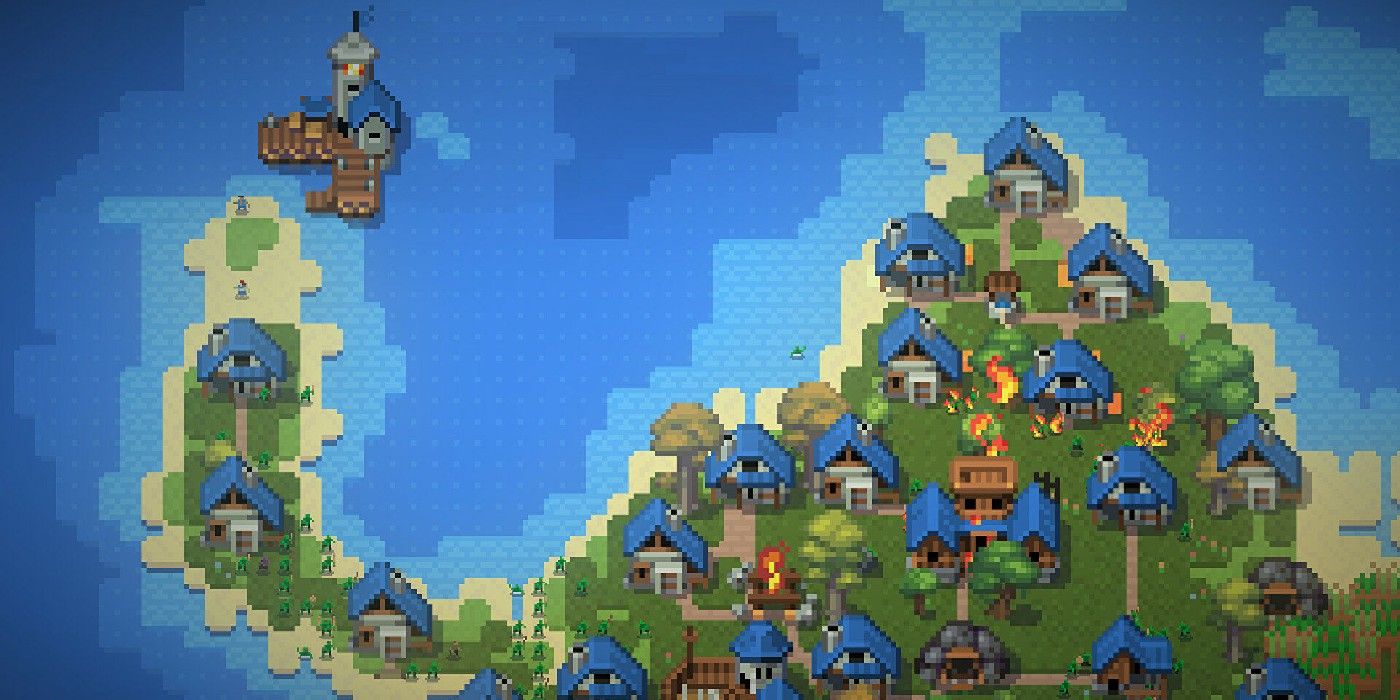
God simulators and life sims hold a lot of similarities and WorldBox manages to balance the two subgenres incredibly well. The game explores a virtual world that players build from scratch. The level of detail that goes into the narrative and the inhabitants of this world is up to them.
However, an aspect of the game is also the destruction of these civilizations. Created by Maxim Karpenko, the indie game is available on Android, iOS, Linux, and Steam among other platforms, and is an accessible city builder on a whole new level that mirrors all kinds of kingdoms and societies while never forgetting about the avatars themselves.
Spiritfarer (2020)
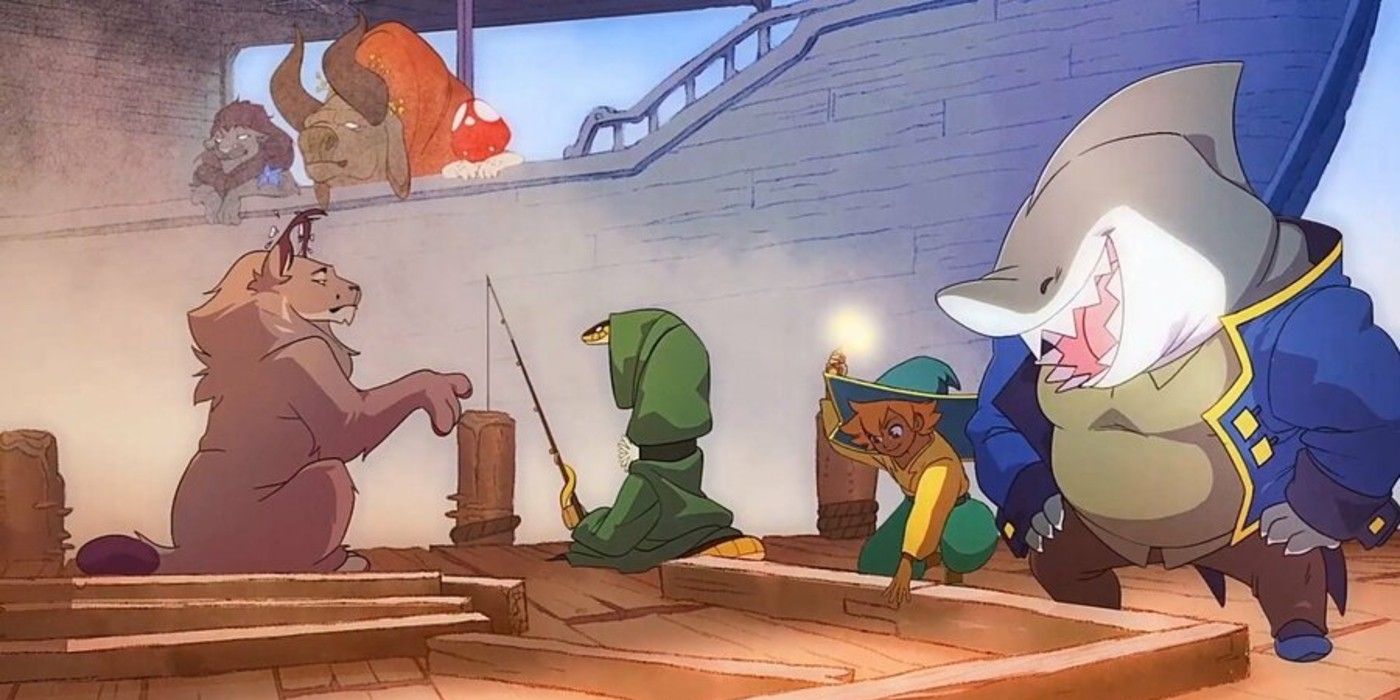
Spiritfarer is one of those games that could easily fit into other genres such as an RPG line. With its gorgeous imagery and intriguing mechanics, alongside the bizarre range of characters, Spritfarer is a life sim unlike any others audiences might come across.
Conceived by Thunder Lotus Games and released on Steam, Xbox One, PlayStation 4, and the Nintendo Switch among other platforms, the sandbox action game gives players a fun narrative to dive into, that's all about building relationships and getting to know this gorgeously designed landscape. It's fantasy on another level, yet lets players inhabit a unique life full of mystery and boat-building!
The Guild 3 (2017)
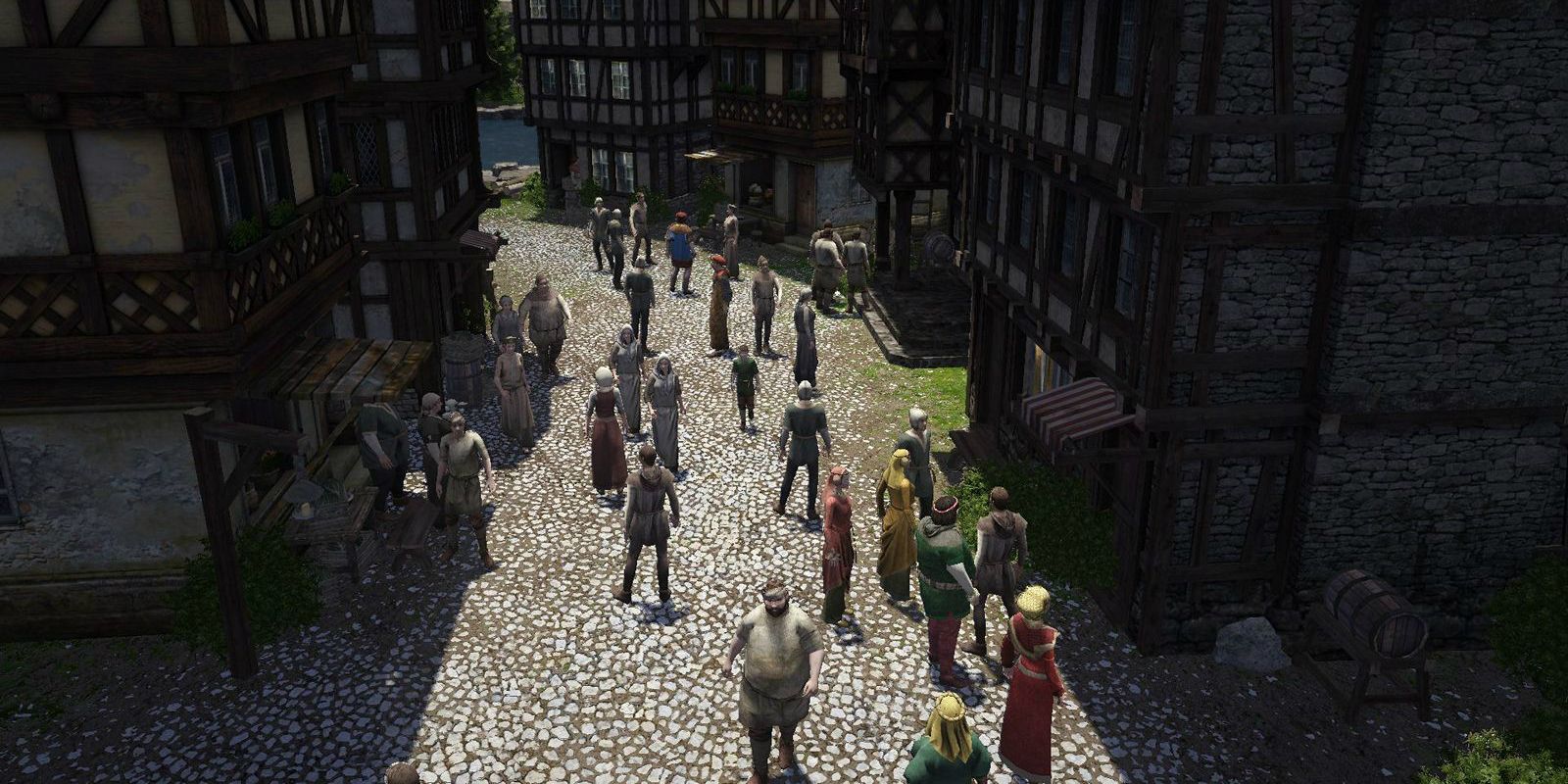
THQ, Purple Lamp, and GolemLabs bring audiences The Guild 3, off the back of a largely successful franchise that has not been grabbing mainstream headlines despite its original concept. Fans have always loved the idea of a sim life system that has an intriguing array of mechanics powering it.
From trading and bartering to farming and survival and city building, The Guild 3 combines a number of genre tropes in a way that benefits the choice of backdrop. The unique thing about the Steam release is that the Guild saga is based on a medieval kingdom, that players have control over and attempt to live in!
Source:gamerant.com
